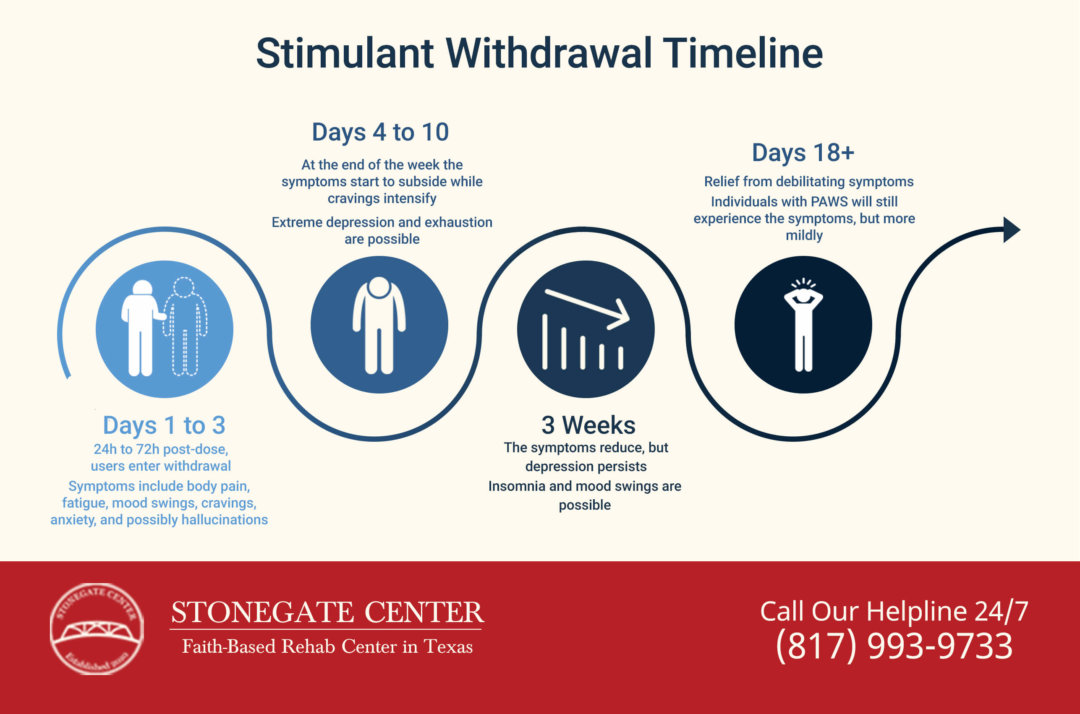

Methamphetamine can pass into breast milk. Studies have suggested that children who were exposed to methamphetamine during pregnancy could have a higher chance for changes in their brain development, as well as learning and behavior problems later in life.īreastfeeding while taking methamphetamine: It is important that your healthcare providers know you are taking methamphetamine so that if symptoms occur your baby can get the care that is best for them.ĭoes taking methamphetamine in pregnancy affect future behavior or learning for the child? The baby might need to be admitted to the special care nursery (NICU). Withdrawal symptoms usually go away within a few weeks but can last for a few months. Symptoms can include trouble eating, sleeping too little or too much, having floppy (poor) muscle control or tight muscles, being jittery, and / or having a hard time breathing. When people who are pregnant use methamphetamines near the end of their pregnancy, babies could show signs of withdrawal after they are born. Will my baby have withdrawal if I continue to take methamphetamine? Pregnancy complications are more likely to happen when methamphetamine is used throughout the whole pregnancy or when taken at high doses. Some studies also show an association between methamphetamine misuse and a higher chance of postpartum mood disorders. Some studies have suggested that methamphetamine use in pregnancy can increase the chance for high blood pressure, placental abruption (the placenta pulls away from the uterus) and for sudden infant death syndrome (SIDS). Methamphetamine use has been linked to a higher chance for preterm delivery (delivery before 37 weeks of pregnancy), poor growth (babies born too small and/or with a small head size), and low birth weight (weighing less than 5 pounds, 8 ounces at birth). Once your baby is born, you should also tell your child’s healthcare provider so your baby can get the care that is best for them.ĭoes taking methamphetamine in pregnancy increase the chance of other pregnancy-related problems? There is no test in pregnancy that can look for learning problems.

A detailed ultrasound can screen for some birth defects. They can help you find treatment or support and can go over any screening options that are available. It is important to talk with your healthcare provider about any exposures you have had during your pregnancy. What can I do to find out if the baby has a birth defect or other problems? This makes it hard to know the actual risks for each person who uses methamphetamine. Information on whether methamphetamine increases the chance of birth defects is mixed. Based on the studies reviewed, it is not known if methamphetamine increases the chance for birth defects above the background risk. Based on the studies reviewed, methamphetamine use might increase the chance for miscarriage.ĭoes taking methamphetamine increase the chance of birth defects?Įvery pregnancy starts out with a 3-5% chance of having a birth defect. Miscarriage is common and can occur in any pregnancy for many different reasons. When you call, let them know that you are pregnant so that you can get connected to the best facility to meet your needs.ĭoes taking methamphetamine increase the chance of miscarriage? If you do not have a healthcare provider, call the national number for drug treatment referral at 80. Talk to your healthcare provider as soon as possible so that you can start treatment. If you are using methamphetamine without medical supervision (sometimes called recreational use), treatment is available to help you stop. I just found out that I am pregnant, should I stop taking methamphetamine? Methamphetamine has not been studied to see if using it could make it harder to get pregnant. Can it make it harder for me to get pregnant? This sheet will focus on the use of methamphetamine without medical supervision. It has also been prescribed by a healthcare provider for attention deficit hyperactivity disorder (ADHD). Methamphetamine has been used illegally without medical supervision. Other names for methamphetamine include “meth,” “crystal meth,” “crank,” “speed” or “ice.” Methamphetamine has been smoked, snorted, swallowed, injected, inhaled, taken rectally, or dissolved under the tongue. Methamphetamine is also known as metamfetamine, methylamphetamine, and desoxyephedrine. This information should not take the place of medical care and advice from your healthcare provider. This sheet is about exposure to methamphetamine in pregnancy and while breastfeeding.


 0 kommentar(er)
0 kommentar(er)
